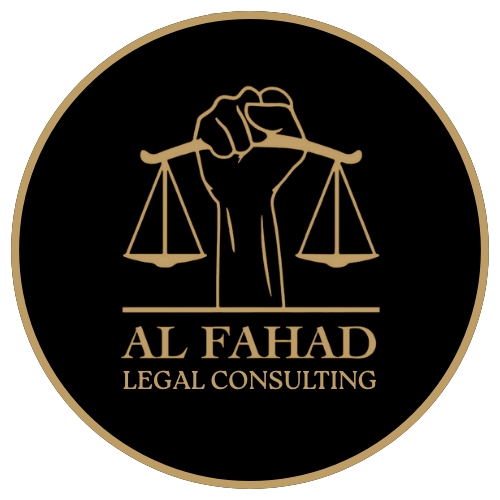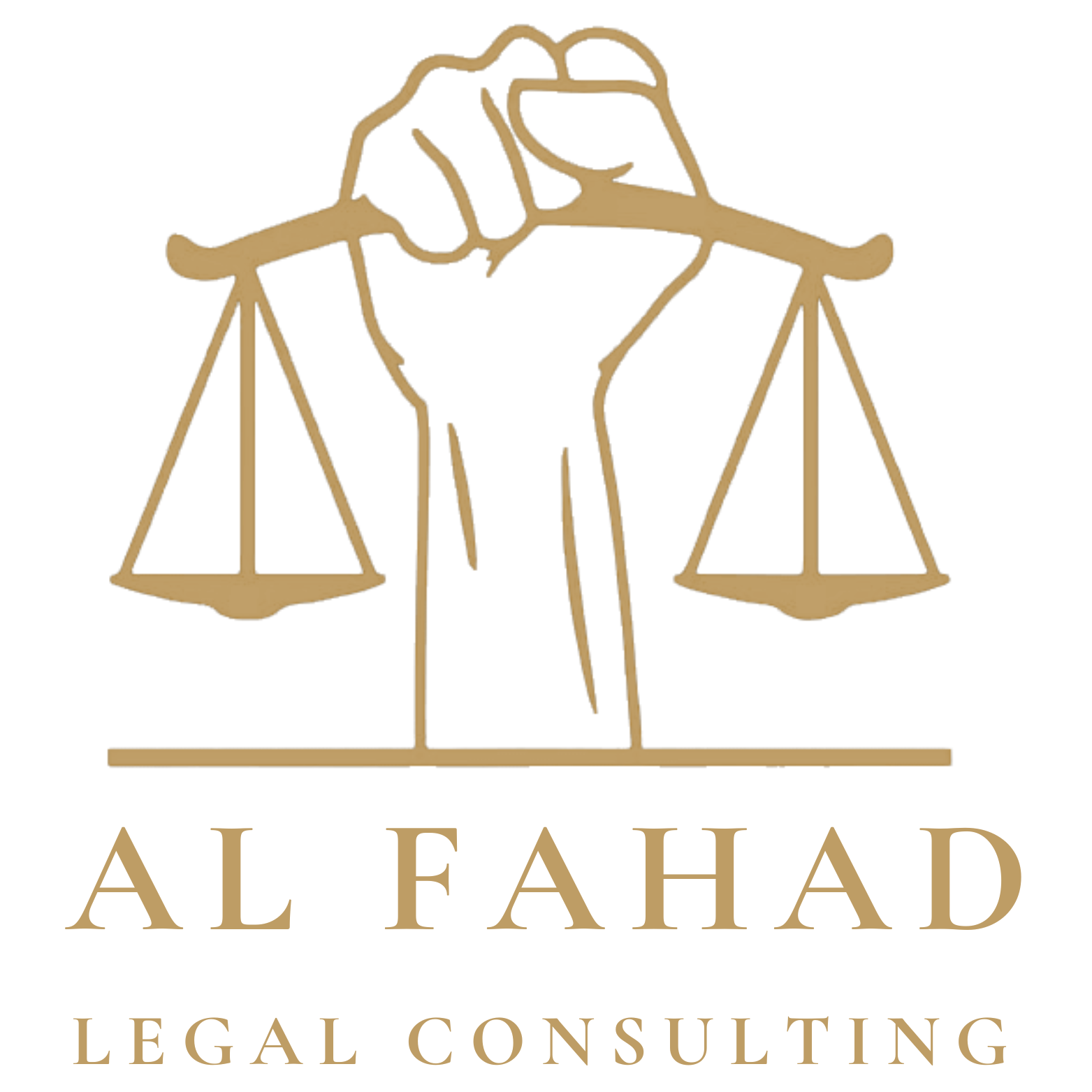At Al Fahad, we are dedicated to providing clear, transparent, and trustworthy legal services. Our experienced attorneys deliver personalized solutions across a wide range of matters, from complex real estate transactions and criminal defense to immigration, insurance, and travel ban verification checks.
We take pride in simplifying the legal process, ensuring that it is straightforward and easy for our clients to navigate. Our goal is not only to achieve the most effective legal strategies for each case but also to build long-term relationships that place your best outcomes at the center of everything we do.
We take pride in simplifying the legal process, ensuring that it is straightforward and easy for our clients to navigate. Our goal is not only to achieve the most effective legal strategies for each case but also to build long-term relationships that place your best outcomes at the center of everything we do.
17+
Years Experince
10+
Team Expert
750+
Case







